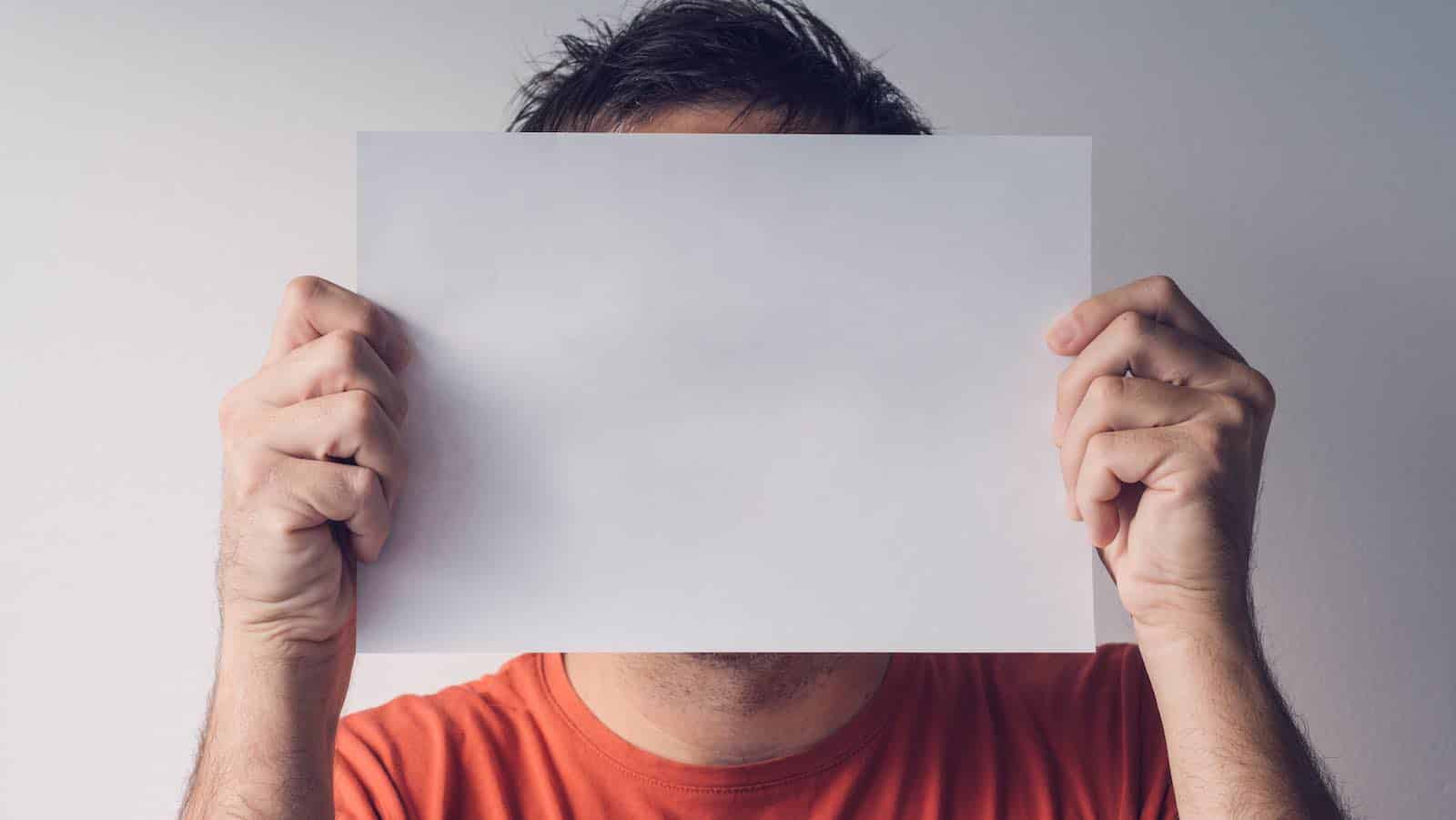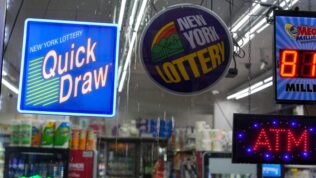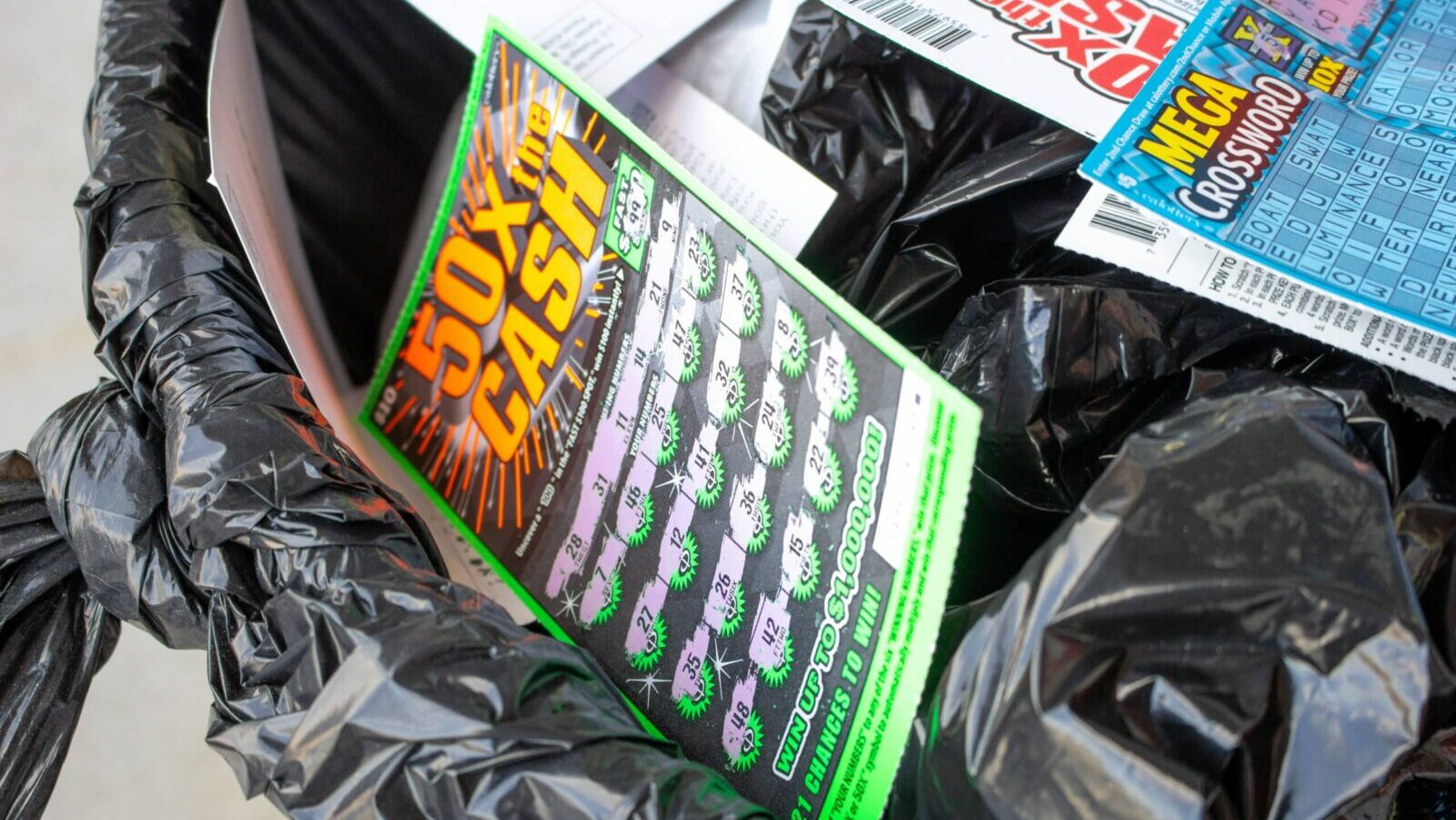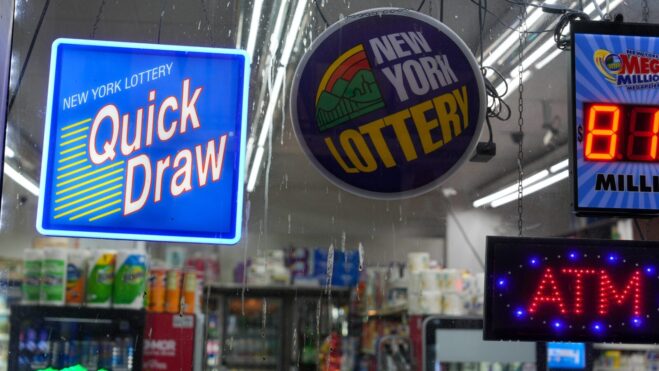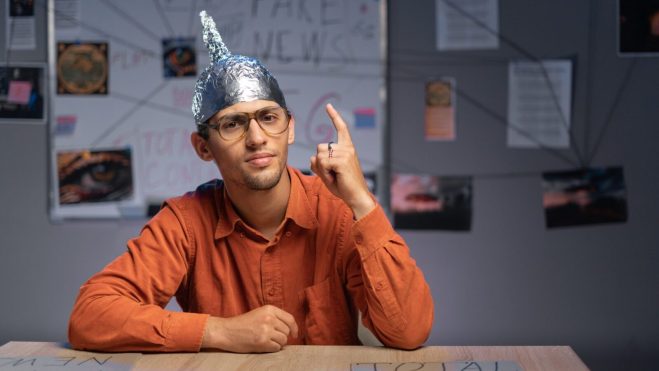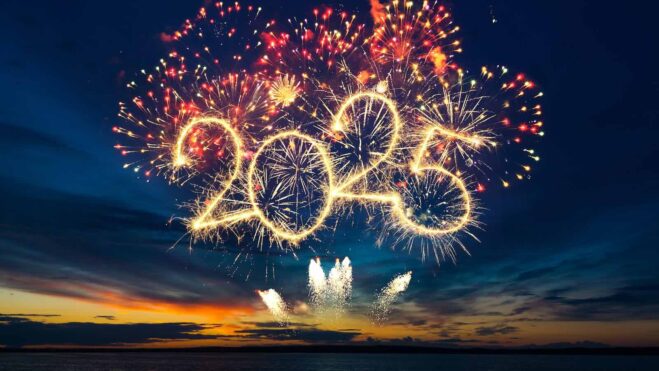One thing you can bet on as a lottery winner is a deluge of financial requests from people you haven’t spoken to in years. That second cousin who didn’t give you the time of day at the family reunion last year? Suddenly she has a flooded garage.
It’s for this very reason that 18 states allow lottery winners to remain anonymous. That’s right: In Texas, Virginia, West Virginia, Georgia, Illinois, Arizona, Michigan, and Minnesota, winners of big prizes can refuse to share their personal details with the public. However, winners of any prize – great or small – can remain anonymous in Delaware, Wyoming, Kansas, Maryland, Mississippi, Missouri, Montana, New Jersey, North Dakota, and South Carolina.
Additionally, some states including New York make it possible for winners to obscure their identities behind an LLC or other entity. Otherwise, winners of major jackpots generally have to fill out forms permitting state lotteries to use their name, place of residence, and likeness in advertising materials. There are obvious drawbacks to this for winners (see: that aforementioned second cousin), which is why four more states have introduced bills facilitating anonymity among winners. In the meantime, there are certain steps that winners can take in these situations.
Why do lottery winners have to go public?
“As long as the lottery’s been around, the people running the lottery have wanted to use the actual winners as their spokespeople and as an advertisement for their product,” said College of Holy Cross economics professor and lottery expert Victor Matheson in an interview with Lottery Geeks. ”If we can show the story about the poor waitress with a heart of gold who wins the lottery, that’s the sort of thing that gets people to buy more tickets.”
In other words, if normal people don’t think other normal people have a chance, then they won’t have much inspiration to buy lottery tickets. Of course, the states themselves benefit from higher ticket sales as well, since they customarily devote part of their lottery ticket revenue to public services like education, health, and environmental protection.
However, there are four states that have recently introduced bills advocating confidentiality on behalf of winners. The state legislatures of Wisconsin, Kentucky, Michigan, and Pennsylvania are all considering whether or not to let winners live anonymously. The legislative moves come amid reports that winners from these states have faced harassment, stalking, scams, elder abuse, doxxing, and identity theft, to name a few. In one case, a fraudster contacted a Pennsylvania winner’s grandparents and claimed they owed money on behalf of their granddaughter.
How do lottery winners protect themselves?
Jamaican Lottery winner were scary face mask during his coins collection ??? on his efforts to protect his earned from family and friends ??? pic.twitter.com/Y8NginWx0x
— Yusha'u suleiman kdd (@Yushau_S_Usman) December 13, 2023
“In a world where we are more and more online and people are less and less anonymous and people can get doxxed so easily, I suspect that we are trying to respect anonymity a little more now, knowing the potential dangers of exposing people to the public,” said Matheson. “Especially a person who’s just come into $100 million.”
Thankfully, there are additional ways to obscure your identity after winning – even if you live in a state where anonymity isn’t an option. In an interview with WISN 12 News in Wisconsin, “lottery lawyer” Kurt Panouses said that winners in some states could claim a prize under a group name instead of their individual name.
In these cases, instead of signing the back of the ticket, winners should take a selfie with the numbers and then form a group including a CPA and a lawyer. Only then should they claim the prize, according to Panouses. Just as if they had remained anonymous, the winner would then have the opportunity and time to organize their finances and life without additional distraction.
Meanwhile, another self-styled “lottery lawyer,” Jason M. Kurland, told The New York Times that winners should delete all of their social media accounts prior to claiming any prize money. Of course, this would be in addition to removing your address from public sites and changing your phone number. (That last bit is just our personal Lottery Geeks™ suggestion.)
Still, at the end of the day, it’s up to you dear reader to find the answers you seek. Study your state’s laws regarding anonymity and make sure you take the proper precautions to protect your privacy. Oh, and don’t post on Instagram that you just won the Mega Millions jackpot. It’s not worth the likes.
